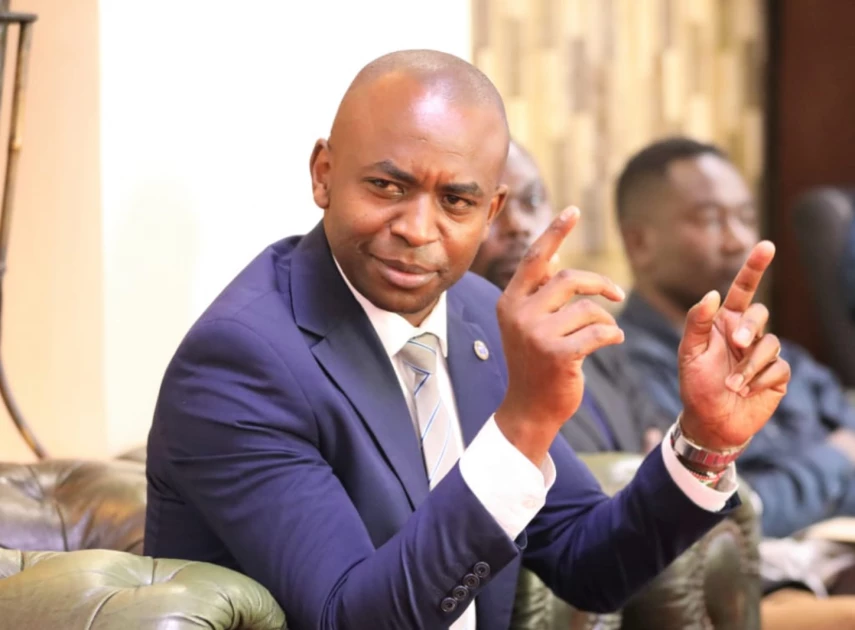Health unions have strongly opposed a new bill seeking to regulate healthcare quality and patient safety, warning that it risks weakening existing systems and sidelining professionals from key decisions.
Through a united front under the Health Sector Caucus, the unions accuse the Ministry of Health of ignoring their input and rushing the process without proper public participation.
The proposed Quality Healthcare and Patient Safety Bill 2025 aims to create a new authority to oversee licensing, registration, and enforcement of standards in health facilities, including fines of up to Sh50 million and prison terms of up to ten years for non-compliance.
But the unions say the bill duplicates the roles of existing institutions like the Kenya Health Professions Oversight Authority (KHPOA), and could introduce confusion, corruption, and overlapping mandates.
Speaking during a press briefing, Health Sector Caucus chairperson Peterson Wachira condemned the Ministry’s approach to the bill, saying it mirrors past cases where health laws are developed “secretly.”
“We have been given only one day to give our comments. It’s a charade and a political process. We know that public participation is as good as ourselves not attending, because we know they are not going to take our input into consideration,” he said.
The Health Sector Caucus includes the Kenya National Union of Nurses, Kenya Union of Clinical Officers, Kenya National Union of Medical Laboratory Officers, Kenya Union of Nutritionists and Dietetics, Kenya National Union of Pharmaceutical Technologists, and the Kenya Health Professional Societies.
The Ministry of Health maintains the bill will address critical regulatory gaps in emerging areas like telemedicine, digital platforms, ambulance services, traditional medicine, and aesthetic procedures. It also claims the bill will help protect patient rights and ensure greater accountability.
However, Wachira dismissed the justification, insisting that nearly 80 per cent of what the bill proposes already exists in laws such as the Health Act 2017, Public Health Act, and other sector-specific laws.
“There is therefore no need to bring in another SAGA when KHPOA can be improved to serve its purpose,” he said.
He added that failure to operationalise KHPOA for over seven years was deliberate, aimed at justifying the creation of a new body.
He referenced a September 2022 court judgment by Justice Wesley Korir that ordered amendments to the Health Act to empower KHPOA.
The unions also oppose the establishment of a new Healthcare Tribunal, warning it will overlap with KHPOA’s role in resolving complaints and disputes.
They propose a two-tier quality assurance model—one body to handle registration and licensing, and another independent agency for verification and accreditation.
Wachira said the real threats to quality healthcare lie not in laws but in systemic failures like poor funding, staff shortages, and political interference.
“Other issues include poor coordination between national and county governments, political interference, and over-legislation without the required implementation,” he said.
The caucus now demands the Ministry withdraw the bill and instead amend the Health Act 2017 as directed by the courts. It also wants Kenya to fulfil its commitments under the Abuja Declaration by allocating at least 15 per cent of its annual budget to healthcare.
“This will ensure timely service to patients, motivated health workers, quality services, and ultimately satisfied patients,” said Wachira.
They also want the government to honour pledges made during the 2013 Global WHO HRH Forum, including hiring 12,000 health workers annually and employing 40,000 community health promoters.
Wachira urged the operationalisation of KHPOA and the Health Human Resources Advisory Council, along with implementation of pending CBAs and Recognition Agreements to reduce strikes.
